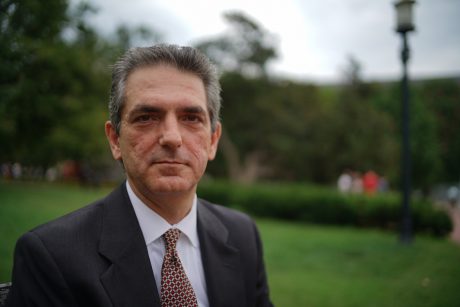
Ted Rebarber
CEO, AccountabilityWorks Washington, D.C.
One of Congressman Gunderson's insights about this whole process, which I think also set it apart, was the interest in reaching out to the community in D.C., and to the education reform community outside of D.C., but also within D.C. The congressman started to have scheduled meetings with education leaders like Al Shanker, but also with Delegate Holmes Norton, and with the D.C. school board. We met later with members of D.C. council’s Education Committee with Mayor Marion Barry at the time — with everyone. With church leaders, with ministers, with business leaders, with a wide range of people, and that broad involvement, I would say, was just as important as theories about education reform because you can have any theories you want, but unless you get a certain level of community buy-in, and the community feels you're doing something — at least important, critical parts — you’re doing something to help them and with them rather than to them.
Then it was going to be a very difficult slog if we hadn't done that. In particular when you think about why Republicans in Congress in a predominately minority DC community whose students we were really aiming to help, it couldn't
have been something that we were doing to them.

